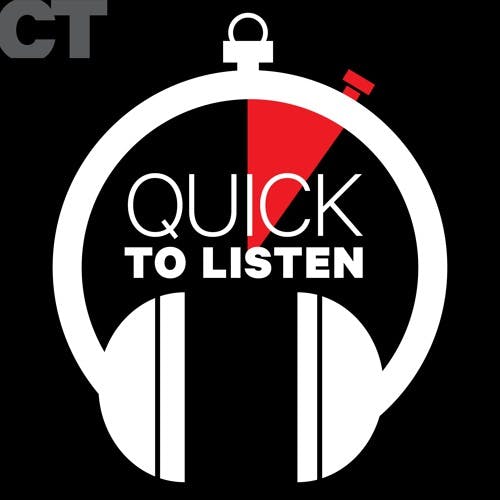- religion
- SEE MORE
- classical
- general
- talk
- News
- Family
- Bürgerfunk
- pop
- Islam
- soul
- jazz
- Comedy
- humor
- wissenschaft
- opera
- baroque
- gesellschaft
- theater
- Local
- alternative
- electro
- rock
- rap
- lifestyle
- Music
- como
- RNE
- ballads
- greek
- Buddhism
- deportes
- christian
- Technology
- piano
- djs
- Dance
- dutch
- flamenco
- social
- hope
- christian rock
- academia
- afrique
- Business
- musique
- ελληνική-μουσική
- World radio
- Zarzuela
- travel
- World
- NFL
- media
- Art
- public
- Sports
- Gospel
- st.
- baptist
- Leisure
- Kids & Family
- musical
- club
- Culture
- Health & Fitness
- True Crime
- Fiction
- children
- Society & Culture
- TV & Film
- gold
- kunst
- música
- gay
- Natural
- a
- francais
- bach
- economics
- kultur
- evangelical
- tech
- Opinion
- Government
- gaming
- College
- technik
- History
- Jesus
- Health
- movies
- radio
- services
- Church
- podcast
- Education
- international
- Transportation
- Other
- kids
- podcasts
- philadelphia
- Noticias
- love
- sport
- Salud
- film
- and
- 4chan
- Disco
- Stories
- fashion
- Arts
- interviews
- hardstyle
- entertainment
- humour
- medieval
- literature
- alma
- Cultura
- video
- TV
- Science
- en
Why Christians Fall Prey to Fake News

b'So, fake news. In recent months, these two words have been used as a weapon by the president to discredit the media (e.g., CNN) or describe the fabrication of a bogus report on Clinton voter fraud. Fake news isn\\u2019t new\\u2014nearly a decade ago, people started sharing reports of Barack Obama\\u2019s alleged Muslim faith as fact. Further, Christians have at times been responsible for spreading these false reports. (\\u201cI think it\\u2019s really important for your readers to know that I have been a member of the same church for almost 20 years, and I have never practiced Islam,\\u201d Obama told CT back in 2008.) But at least one Christian can take credit for challenging the church and society to take the information age much more seriously. Twentieth century French Christian philosopher Jacques Ellul thought deeply about the impact of mainstream media. Ellul was particularly interested in the century\\u2019s obsession with efficiency, says Lisa Richmond, who recently translated his Presence in the Modern World from French. When this was concept was applied to communication, Ellul referred to it as a propaganda. \\u201cPropaganda, to Ellul, is a way of using language and images to accomplish a particular objective. It is the most effective way to achieve the outcome that you want to get,\\u201d said Richmond, paraphrasing Ellul. \\u201cEllul would argue that for the propagandist, truth is simply a tool to be used when it is the most effective way to accomplish your goal. If it is not the most effective way, then you use falsehood.\\u201d Our society has largely learned to communicate within this framework, says Robinson. \\u201cOnce propaganda is at work in society, it forces other people to engage propaganda,\\u201d she said. \\u201cThat can be contrasted with an ethical true desire to communicate in which our hope is that we understand truth more fully. That\\u2019s not the objective of the propagandist. It is to accomplish a certain outcome. If truth serves that outcome, great. If not, discard it.\\u201d Robinson joined assistant editor Morgan Lee and editor-in-chief Mark Galli to discuss how propaganda gives us a sense of belonging, why Christians are complicit in our culture of information overload, and whether journalists can ever escape bias.\\nLearn more about your ad choices. Visit podcastchoices.com/adchoices'